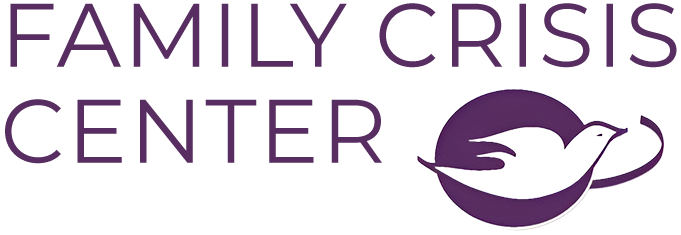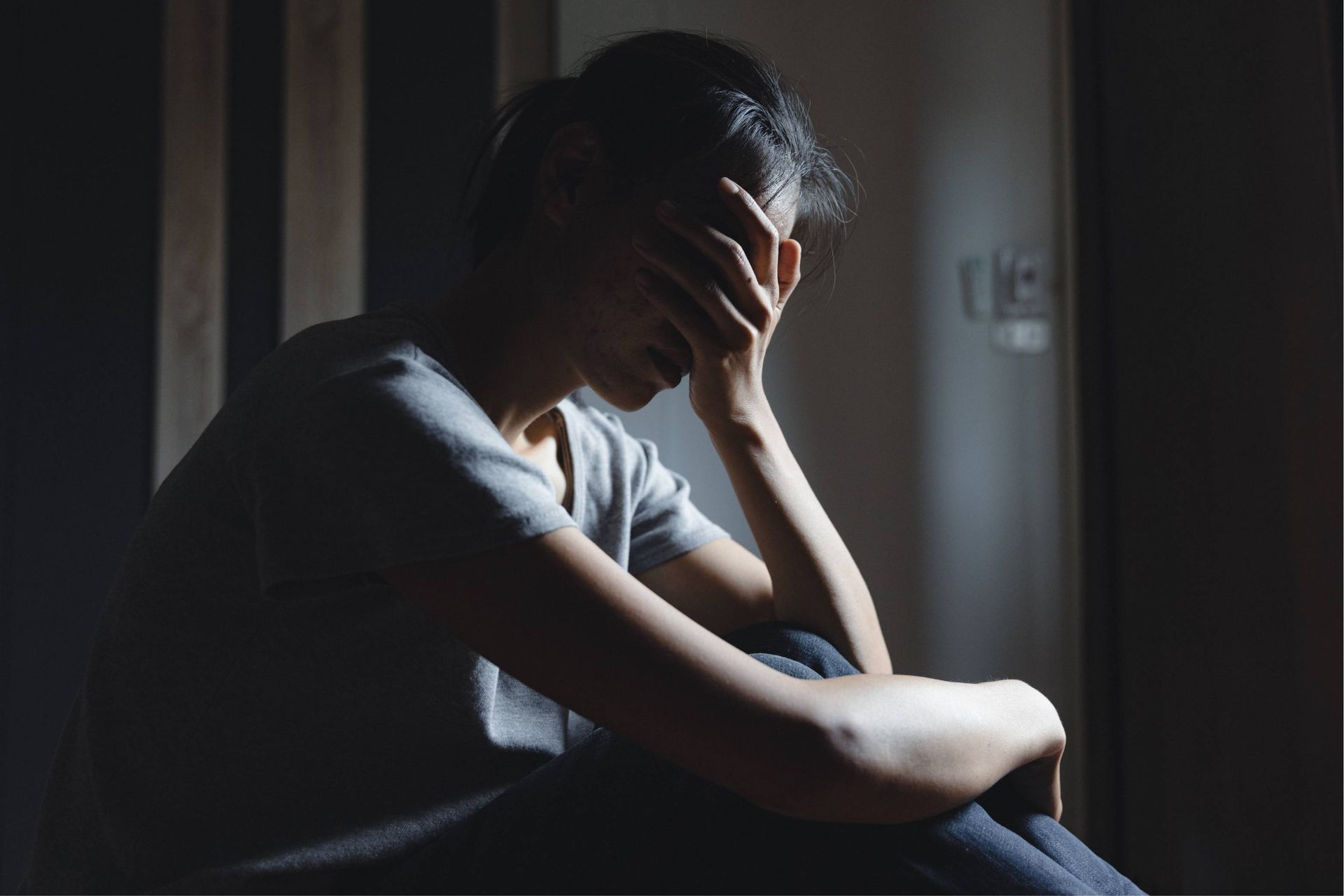• family crisis center •
Human Trafficking: What You Need to Know
Awareness, Action, and Support
No one should be forced, deceived, or pressured into labor or sexual activity.
Human trafficking is the exploitation of people through force, fraud, or coercion for the purpose of labor or commercial sex. It can happen in any community, including ours and it often goes unnoticed. At Family Crisis Center, we work to bring awareness to this issue and provide support to those impacted by trafficking. We also offer community trainings to help individuals and organizations recognize the signs, understand how to respond, and know where to turn for help.
Types of Human Trafficking
Sex Trafficking
Sex trafficking victims are manipulated or forced against their will to engage in sex acts for money. Sex traffickers might use violence, threats, and manipulation to sell sex or the promise of love and affection to lure victims. Truck stops, street corners, rest areas, and hotels are just some of the places they might be forced to
Forced Labor
Victims of forced labor can be found at factories, farms, or construction sites often working to produce things we consume every day.
Through force, fraud, or coercion many victims work with low or no pay.
Domestic Servitude
Victims of domestic servitude are often hiding in plain sight, working in people's homes all across the country. Traffickers will take their ID and travel documents to limit their freedom.
They are prisoners working as nannies and domestic help without a way out.
Behavioral or Situational Red Flags
- Fearful, anxious, or overly submissive behavior
- Avoids eye contact or lets someone else speak for them
- Appears closely monitored or unable to move freely
- Shows signs of trauma, substance use, or malnourishment
- Works excessively long hours or in unsafe conditions
- Has no control over their schedule, money, or ID
Personal & Social Indicators
- Lacks access to food, sleep, or medical care
- Isolated from family and friends
- In a relationship with someone much older or controlling
- Has tattoos or branding that signal ownership
- Wears inappropriate clothing for the weather or setting
If You Are a Victim, You Are Not Alone
We understand that leaving a trafficking situation is complicated and dangerous. That’s why FCC provides confidential, non-judgmental support for anyone seeking help.
We can assist with:
- Safe housing and shelter
- Clothing, food, and basic needs
- Trauma-informed counseling
- Medical and mental health referrals
- Drug and alcohol treatment
- Access to phones and communication
- Legal advocacy and documentation support
Support is available both immediately and long-term. You don’t need to have everything figured out—we’re here to walk with you, step by step.
Helping Our Community Stay Vigilant
Through training and outreach, FCC helps schools, workplaces, service providers, and individuals learn how to identify trafficking and safely respond. Education empowers our community to be a place of protection, not exploitation.
If you see something concerning, say something.
You could be the connection that leads someone to safety.



